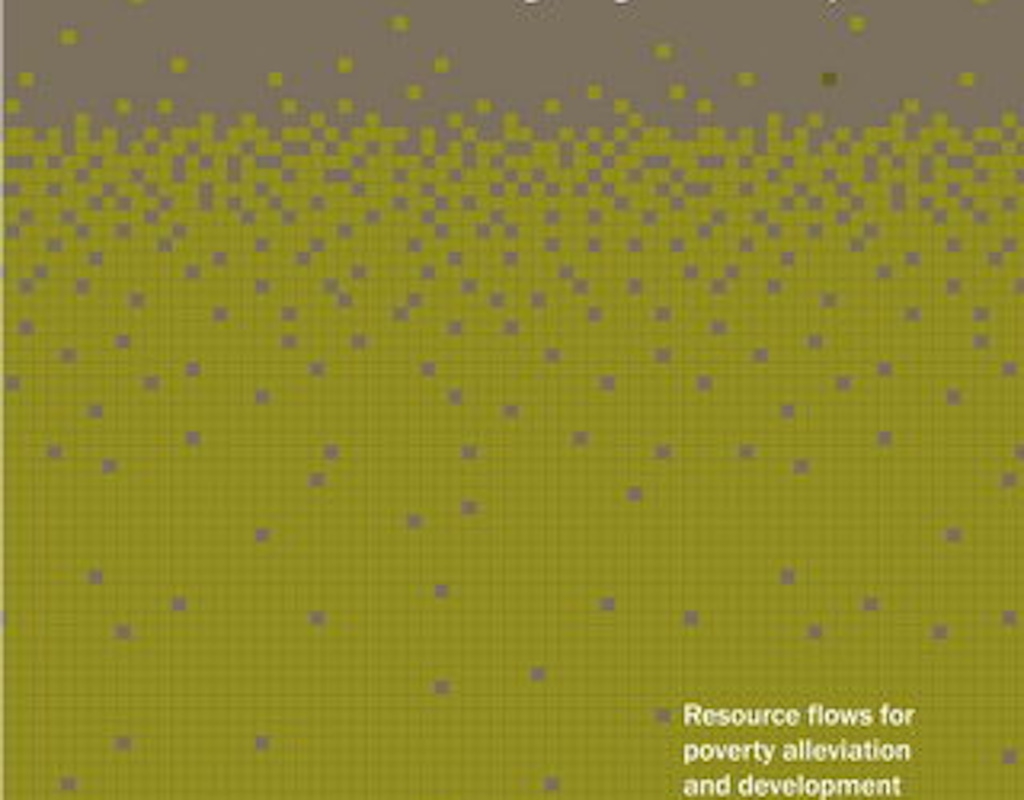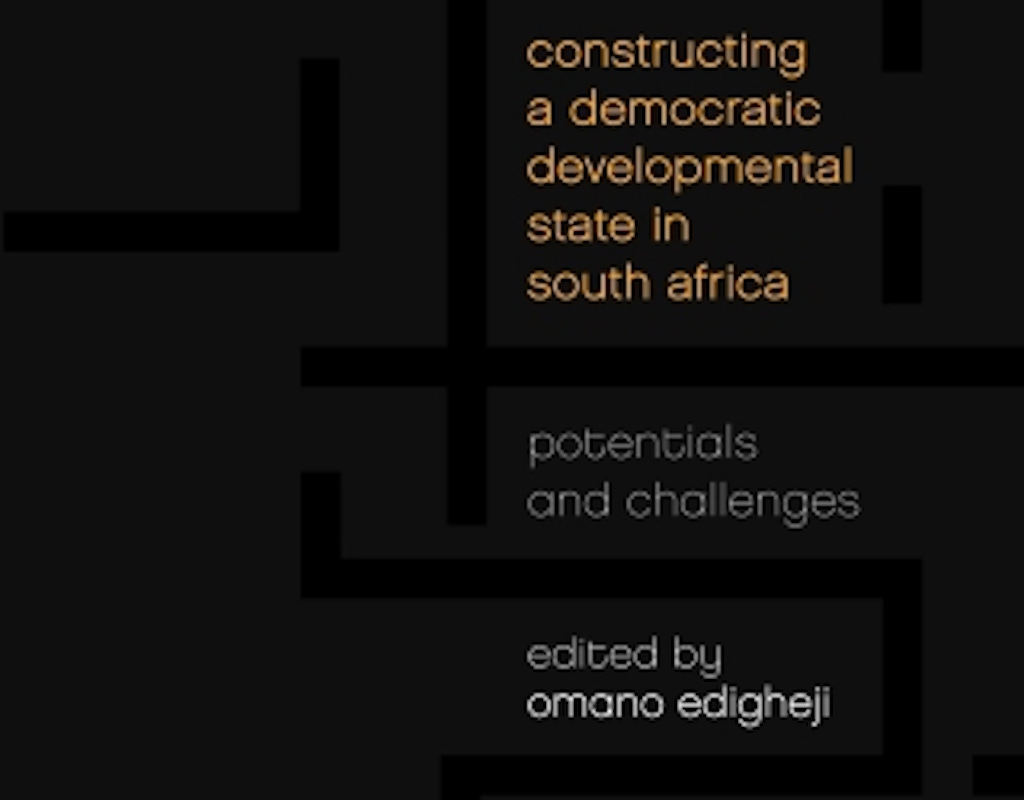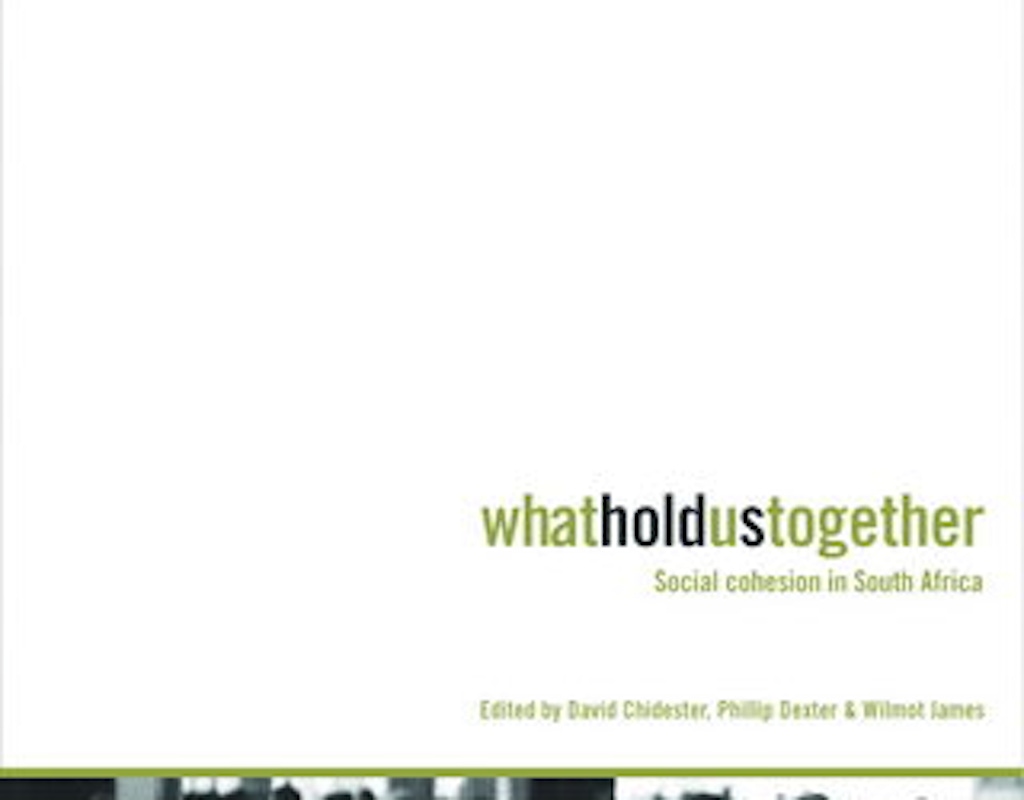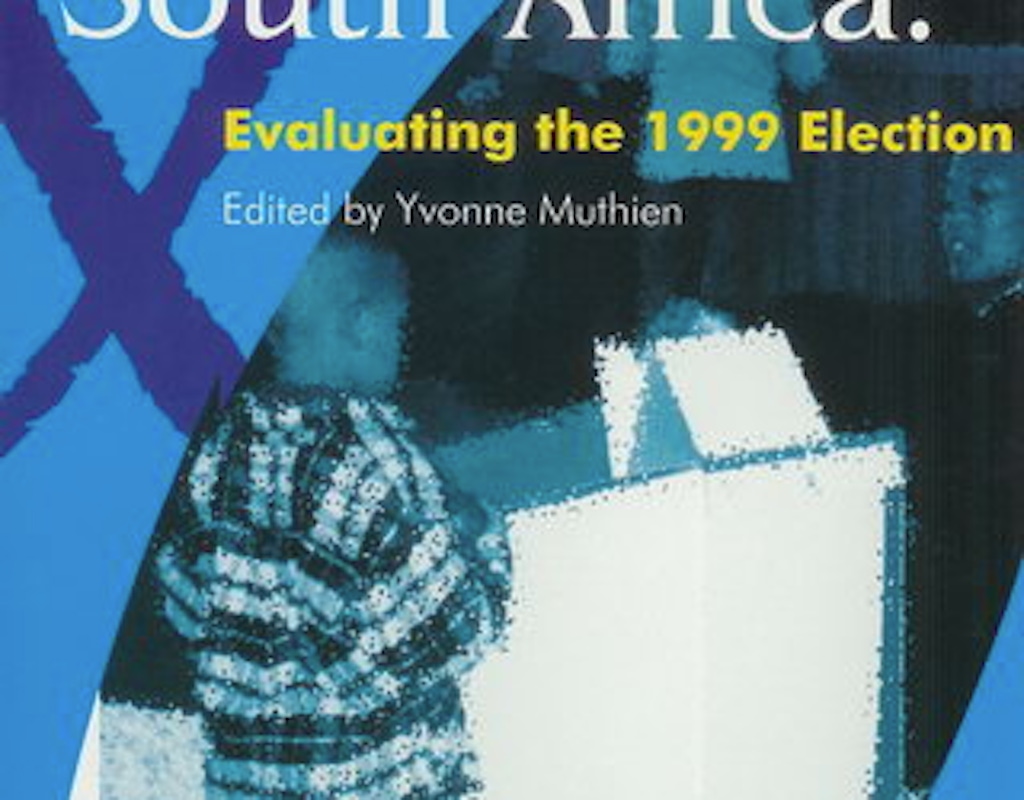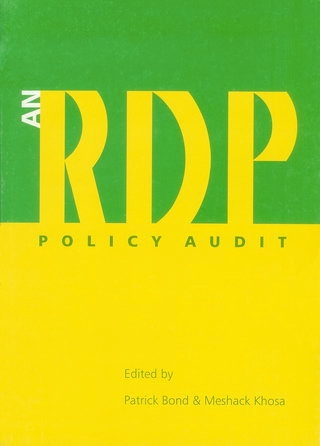
Each of the core RDP chapters sets out a broad problem statement associated with the subject at hand, followed by a vision and objectives. To a large extent, these introductory sections of each chapter offer thematic approaches, which in this booklet are considered in broad terms. It is in the subsequent sections dealing with 34 different issue areas, that it is possible to establish precise mandates that government had in the wake of the first democratic election in April 1994.
As expressed by Mandela at the African National Congress (ANC) victory celebration on 2 May 1994: 'We have emerged as the majority party on the basis of the programme, which is contained in the Reconstruction and Development book. That is going to be the cornerstone, the foundation, upon which the Government of National Unity is going to be based. I appeal to all leaders who are going to serve in this government to honour this programme.'
Has the programme been honoured? To help the ANC National Executive Committee establish the extent to which the RDP mandate has been implemented through the national government's policies, laws and performance, an RDP audit was conducted by researchers associated with the University of the Witwatersrand Graduate School of Public and Development Management and the HSRC in 1998-99, covering some 36 areas of sectoral policy, legislation and implementation. The audit raw data took the form of a dense set of four tables (covering one RDP chapter each) with five colums: Issue, RDP Directive, Government Policy, Legislation and Implementation - and several hundred issues.
This booklet presents a condensed version of the audit, with extensive endnotes that reflect the precise wording associated with the RDP and government policies, laws and delivery announcements. With this information, readers can draw their own conclusions about the extent to which the 1994-99 government succeeded in turning a broad electoral mandate into concrete policies and laws.
Product information
1. Introduction to the RDP Audit
2. Meeting Basic Needs
3. Developing our Human Resources
4. Building the Economy
5. Democratising the State and Society
6. Conclusion
Notes
